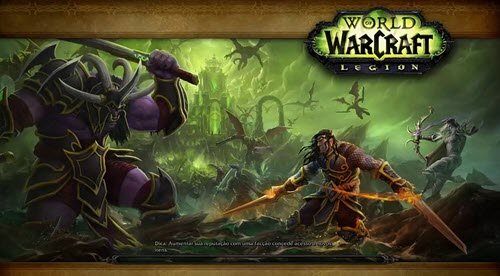When it comes down to Windows PC video games, there’s a good chance you’ll come across the problem of a game failing to load correctly. This shouldn’t be a surprise since a Windows PC is made up of several components, so anything can go wrong. For many PC gamers, they tend to have a mostly error-free experience, but not everyone has the same luck. If you’re one of the unlucky folks facing issues, then read on for there are several ways to fix game loading problems.
If games are running or loading slowly & take forever to load on your Windows 11/10 PC, even with a good configuration, these tips will fix such issues. Bear in mind; these fixes are not permanent, so be prepared to revisit them in the future.
Games loading slowly on PC

If games are loading slowly on your Windows 11/10 PC, follow these steps:
- Install the correct version of DirectX
- Update your graphics card drivers
- Visual C++ Redistributable is another option
- Make sure .NET Framework is installed
- Tweak your Windows OS
To learn more about these steps, continue reading.
1] Install the correct version of DirectX
The majority of video games on a Windows PC, requires the installation of Microsoft DirectX. It’s an API designed to improve a computer’s multimedia capabilities. Additionally, it’s the primary tool for many video game creators so we wouldn’t recommend making any attempts to do without it.’
At the moment, there are several versions of DirectX, with the most recent being DirectX 12. We suggest downloading and installing the version your game was designed with in mind. In fact, during the installation of almost all video games, an option should pop up to allow gamers to install the correct API version. You can download the API from the official website.
2] Update your graphics card drivers
There are times the graphics driver might be the issue behind a game failing to load. Sometimes it could be a bug in the game itself. A simple upgrade for both the graphics card and the game itself should do the trick. You need to update your Graphics Drivers and updates are usually found on the graphics card manufacturer’s website, while an update for a game tends to be automatic.
3] Visual C++ Redistributable is another option
When installing a video game, some tend to ask the user to download and install Visual C++ Redistributable if they haven’t already. Visual C++ Redistributable is an integrated development environment designed for creating applications in the C, C++, and C++/CLI development languages.
Whenever you run certain applications on a Windows computer, Microsoft Visual C++ Redistributable is one of the backbone components, therefore, without it installed, games will likely fail to load.
Here’s the thing: the latest version currently in use is Visual C++ 2013, but some older games might support Visual C++ 2005 or 2008. Worry not, for they are still available for download. We only wish Microsoft made some of its components backward compatible so gamers wouldn’t have to download a different version of the same thing.
Related: Why are games crashing on my PC?
4] Make sure .NET Framework is installed
Like many programs designed for a Windows 10 machine, most games work best with the installation of Microsoft .NET Framework. It’s an important aspect when building video games for Windows, and similar to DirectX, users must download and install older versions of more ancient games.
Again, the newer versions are not backward compatible, something the software giant needs to fix as soon as possible.
5] Tweak your Windows OS
If you computer configuration is good and your games run slowly still, make some changes to your Windows OS that can enhance gaming performance. You may even use some free software to boost gaming performance.
Why is my gaming PC so slow all of a sudden?
There could be various reasons why your gaming PC suddenly becomes slow. From overheating to a low amount of free Memory or RAM, anything could be accountable for this error. That is why it is recommended to follow the aforementioned solutions to troubleshoot the issue. No matter which Windows version you use, you can go through all these solutions on any version.
What causes lag in games?
Lag or latency impacts the user’s experience when it comes to gaming. Online multiplayer games like first-person shooter games are among the games most affected by input lag, which is caused by network issues. On the other hand, graphics lag or FPS lag occurs when your graphics processor cannot process the required frames per second.